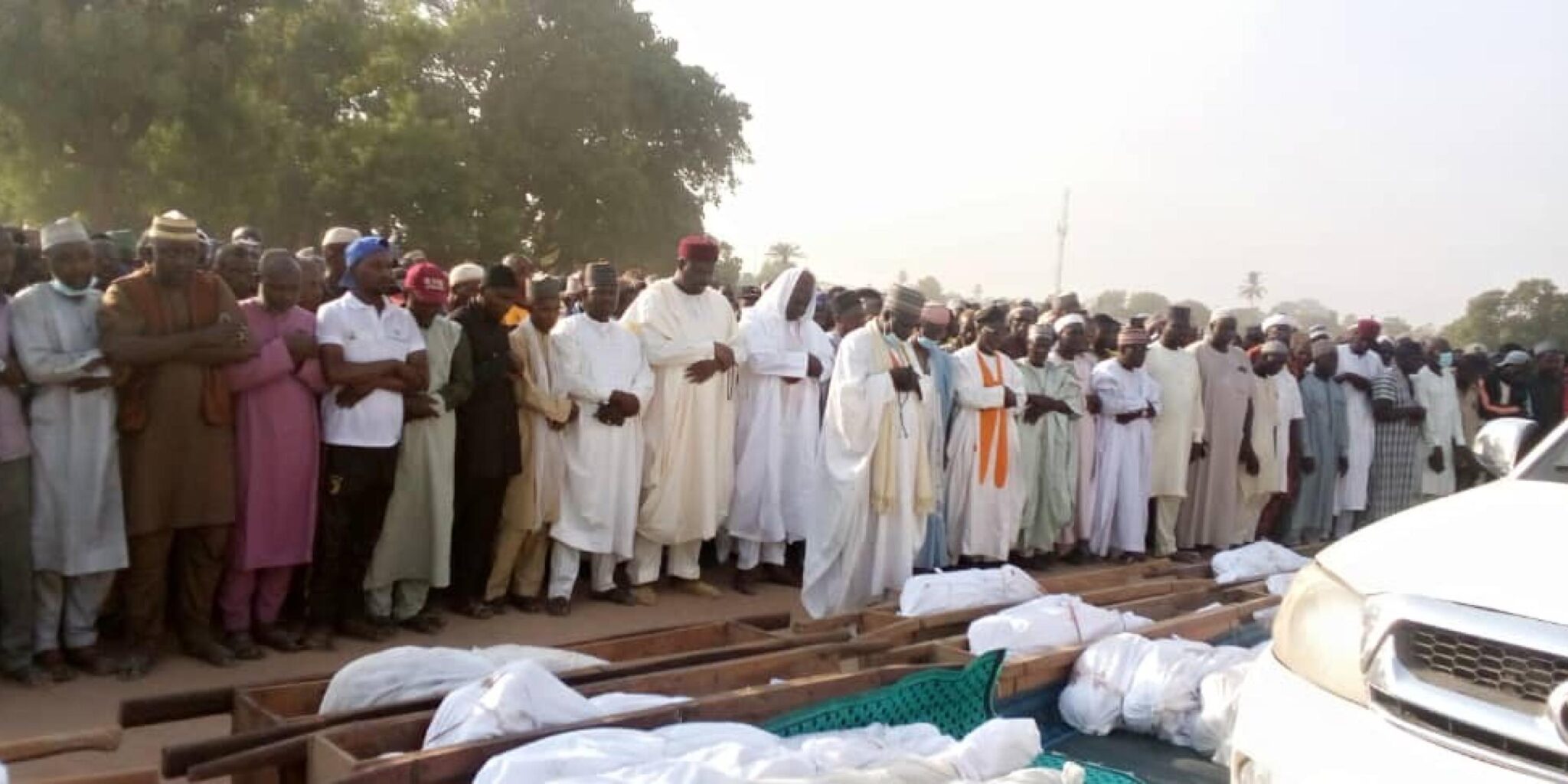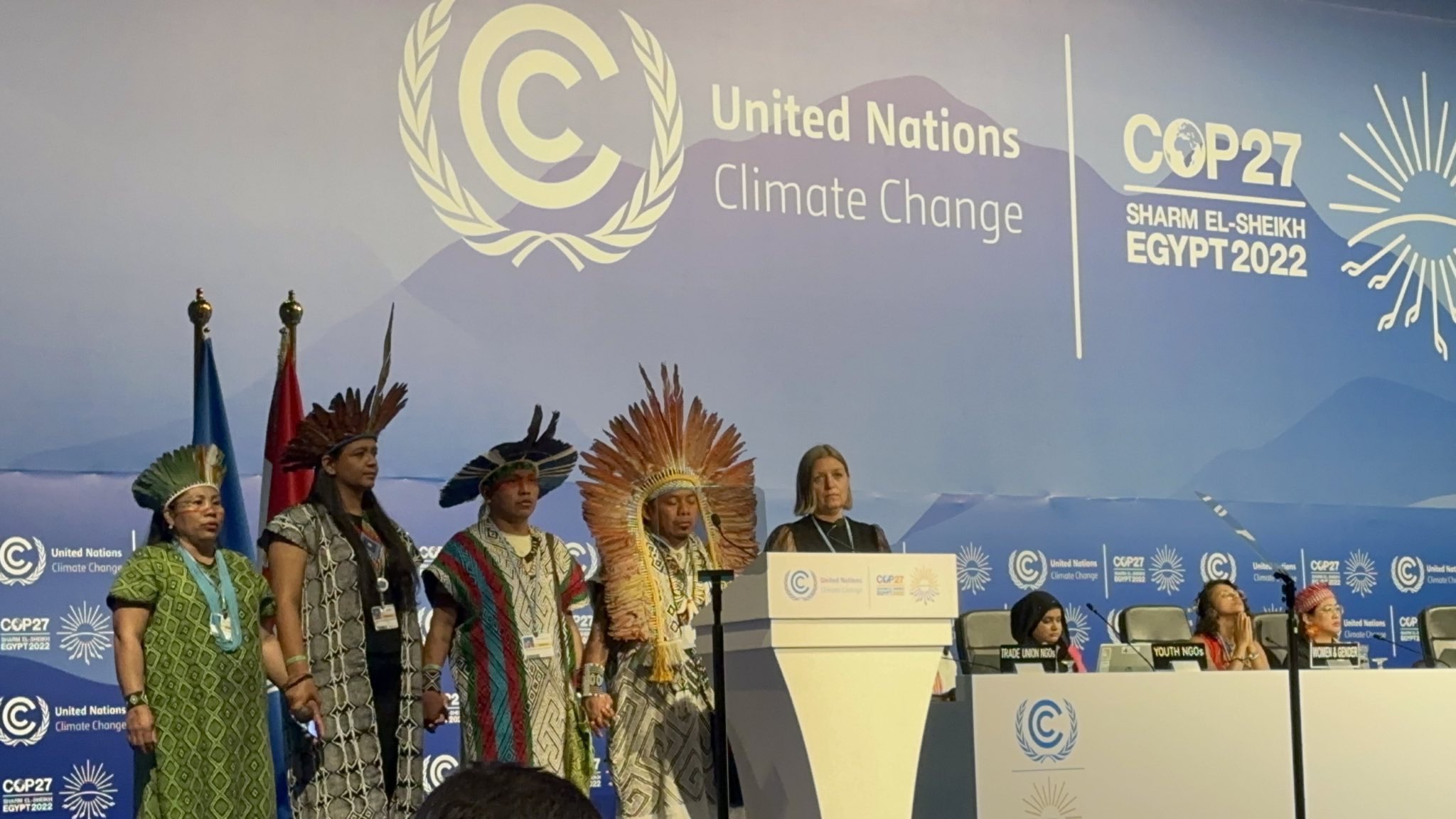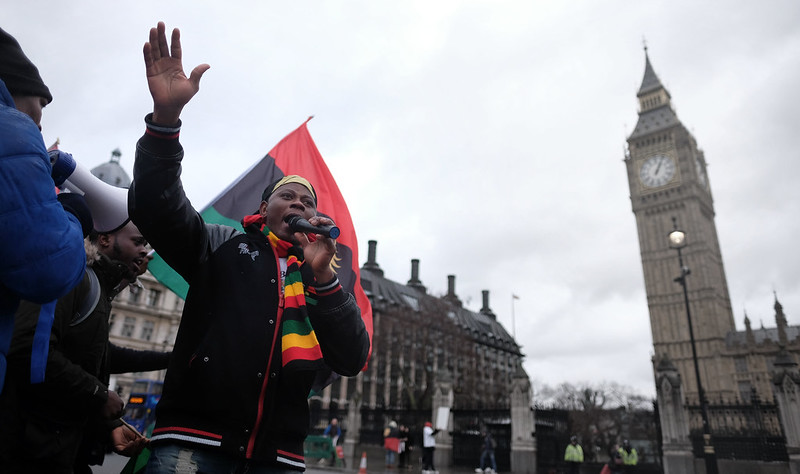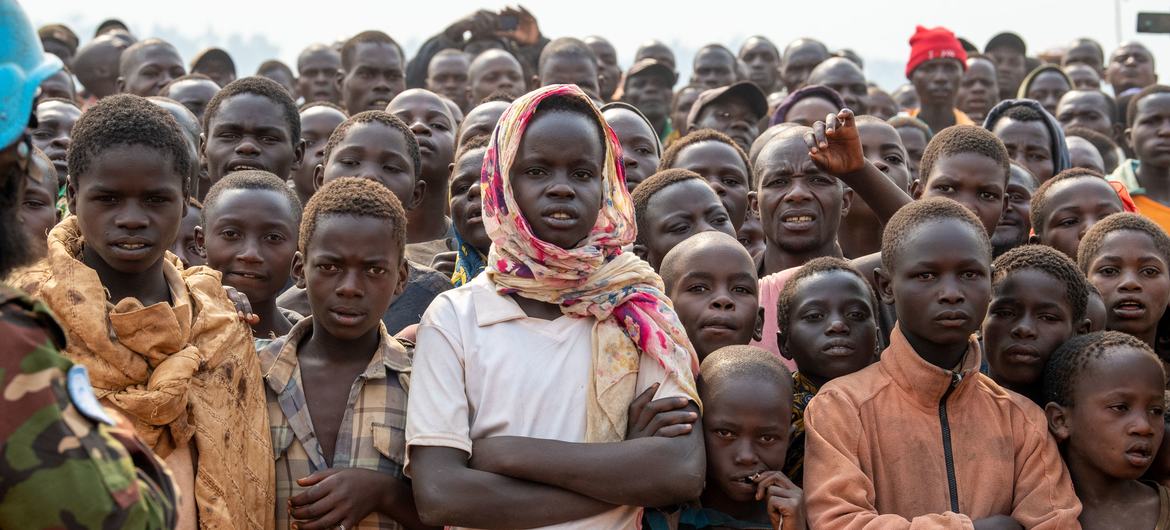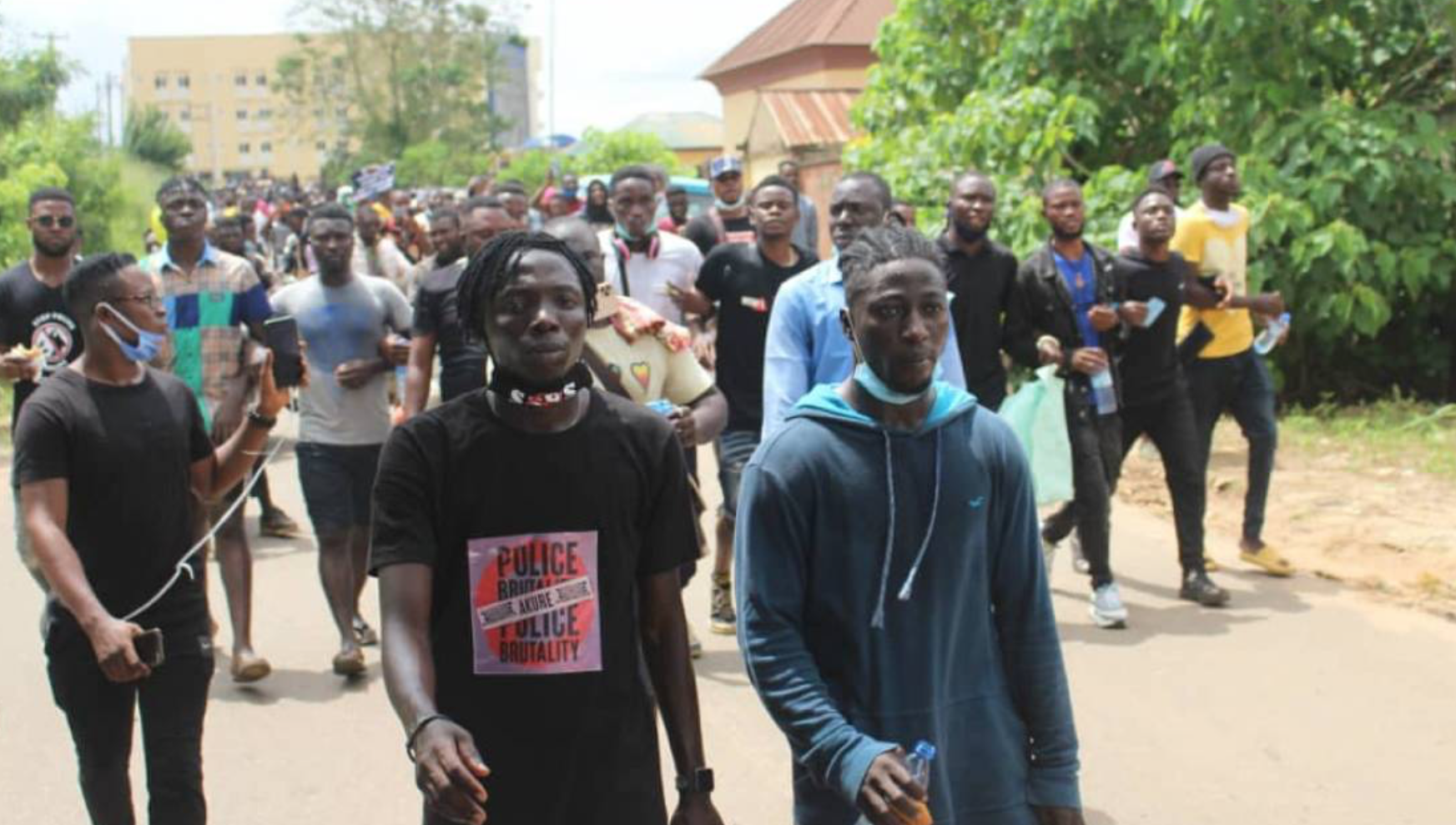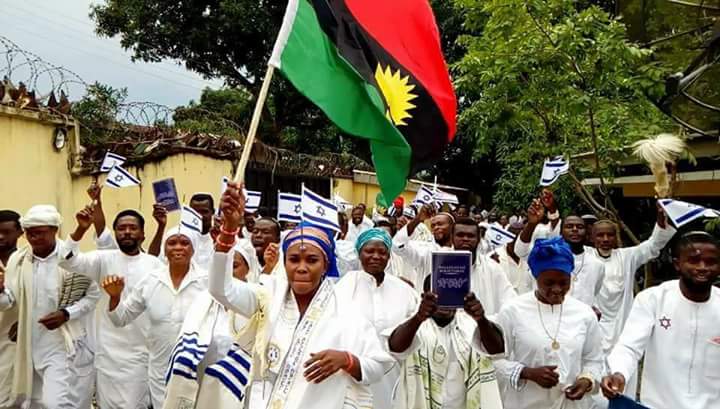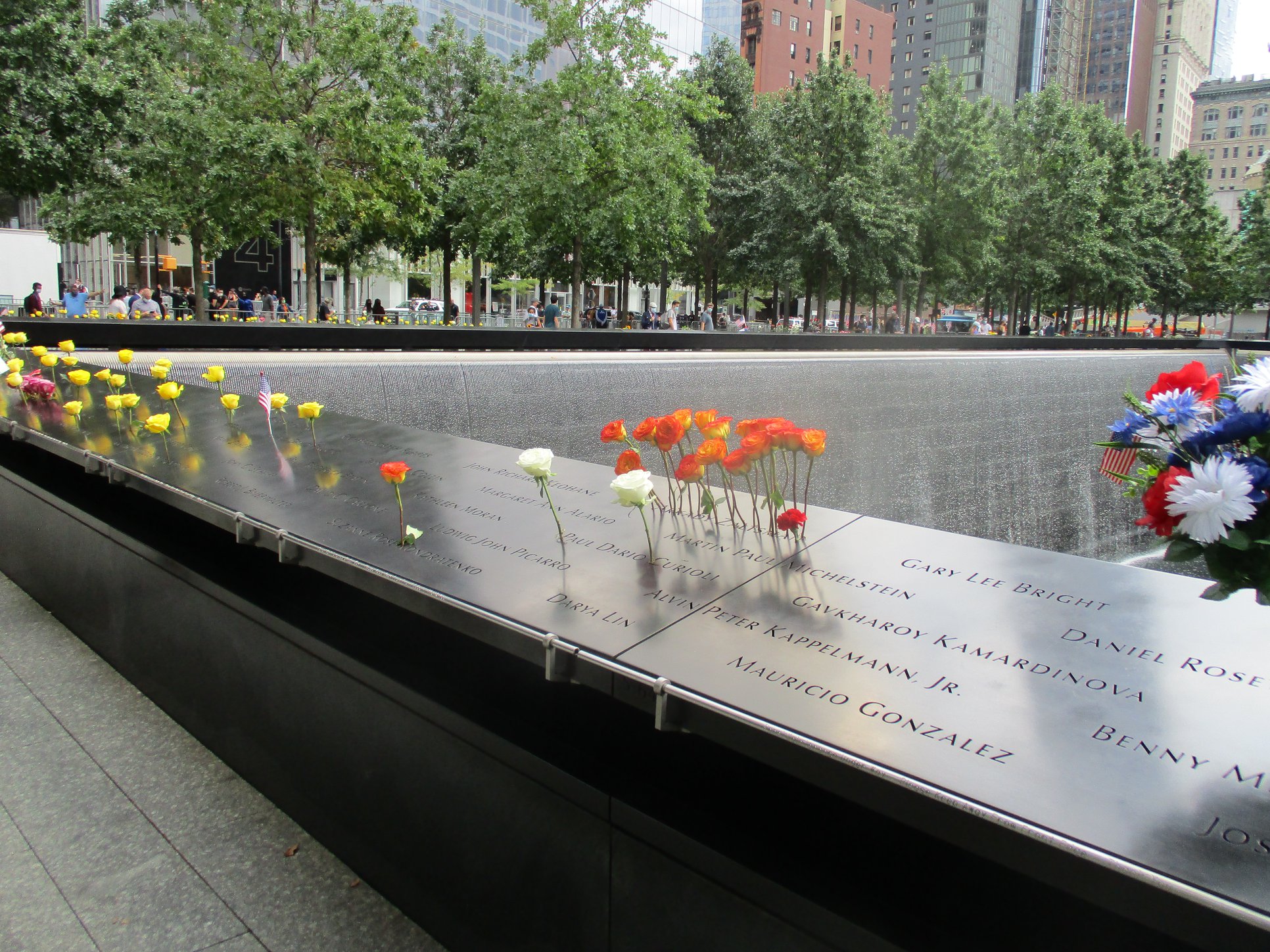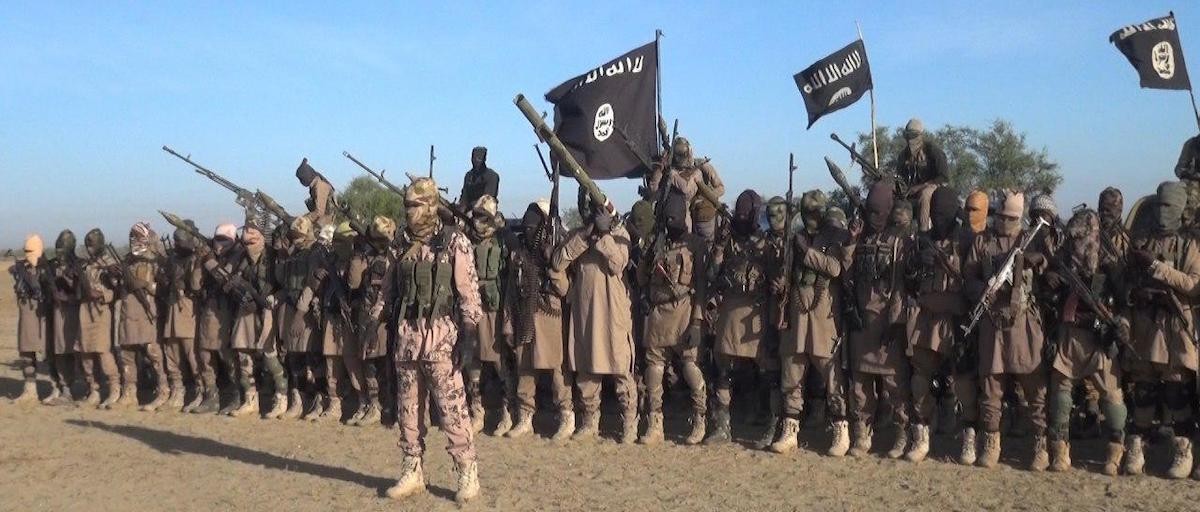
Sanctions, hunger as Niger junta digs in
Three months after overthrowing the country’s elected government, Niger’s ruling military junta is continuing to crack down on critical media and peaceful dissent. Human Rights Watch and Amnesty International said in a joint statement that dozens of officials from the ousted administration have been arrested, and called on authorities to end arbitrary detentions. To try and force the regime to relinquish power, landlocked Niger’s southern neighbor Nigeria has shut its border and imposed stringent sanctions through regional bloc ECOWAS—including cutting off electricity supplies and blocking food shipments. The EU is preparing its own package of sanctions. Nigeriens are struggling with inflation and shortages of staple items; aid operations are also suspended. The junta has announced a three-year transition to civilian rule—far longer than regional leaders expected. (Map: PCL)



